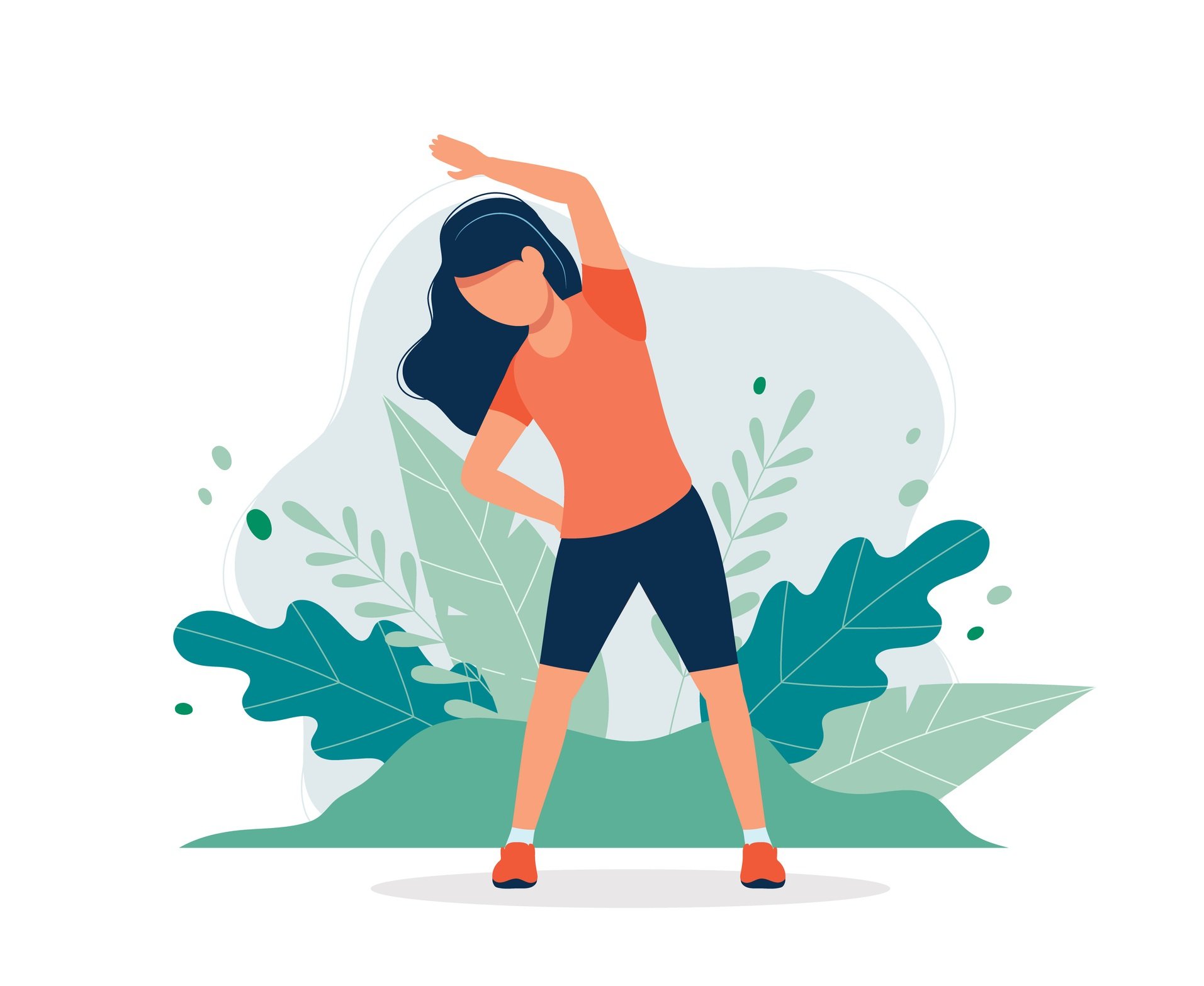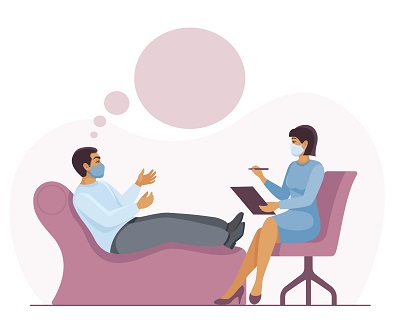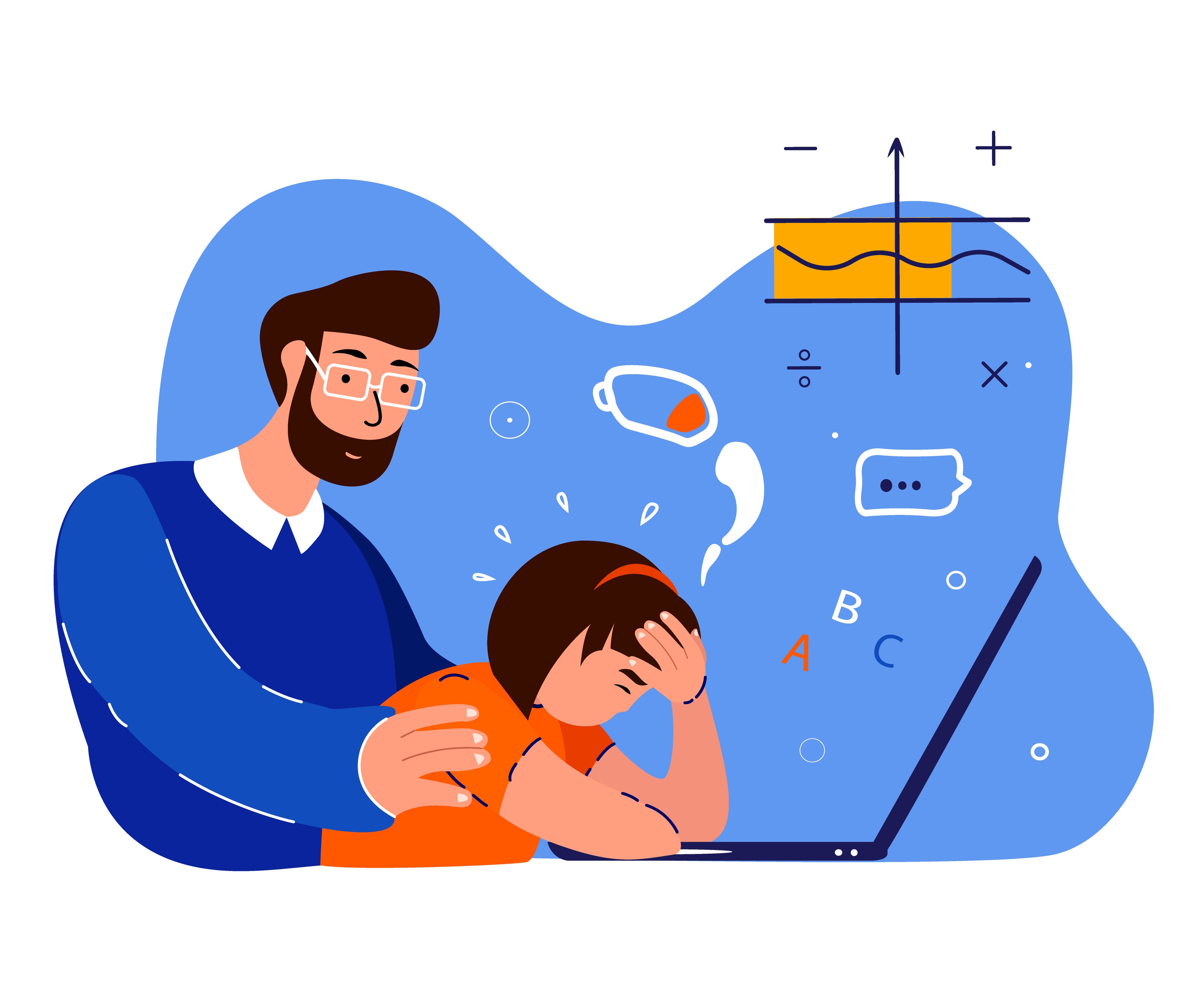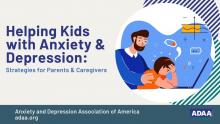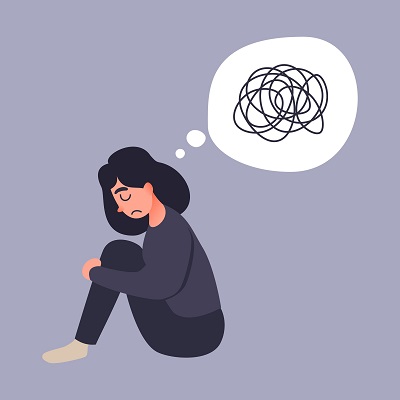Optimizing Exercise for the Treatment of Anxiety
- Individuals ages 18-65
- High anxiety sensitivity
- Currently sedentary
- Body mass index ≤ 35
- Able and willing to provide informed consent
- Lifetime history of Bipolar I or II or any psychotic disorder
- Bulimia or anorexia in the past 6 months
- Substance use disorder in the past 3 months
- Current PTSD
- High current suicide risk
- Risk for exercise according to the Physical Activity Readiness Questionnaire with excluded active medical conditions including heart conditions, lung disease, bone/joint problems, or seizures
- Women who are currently pregnant or plan to become pregnant during the duration of the study
- Participation in concurrent evidence-based therapy (e.g., cognitive behavioral therapy) targeting anxiety and/or depression (supportive therapy and couples therapy are allowed)
- Participants on psychiatric medication must be on a stable dose for ≥8 weeks prior to participation
- Participants taking beta blockers will be excluded due to their effects on heart rate
- Current substance abuse or positive urine toxicology screen (recreational use of marijuana may be permitted)

 You are sitting on a chair listening to a conversation between two people. One of them is your mentor—a psychologist with a specialty in clinical psychology—and the other is a voluntary participant in a clinical research study.
You are sitting on a chair listening to a conversation between two people. One of them is your mentor—a psychologist with a specialty in clinical psychology—and the other is a voluntary participant in a clinical research study.